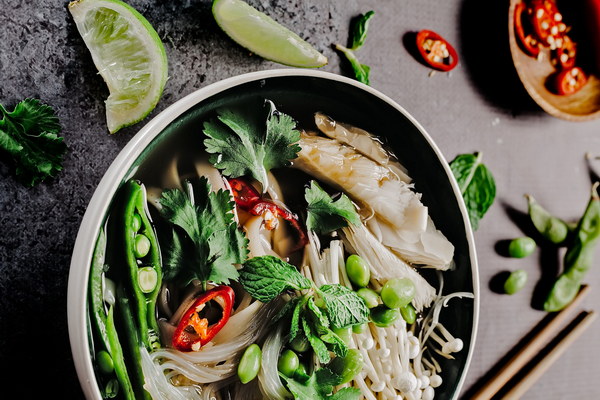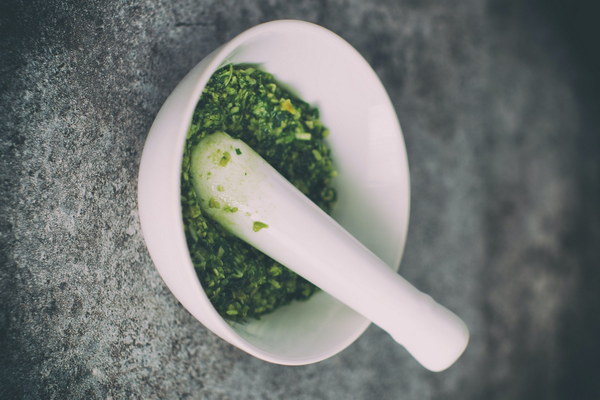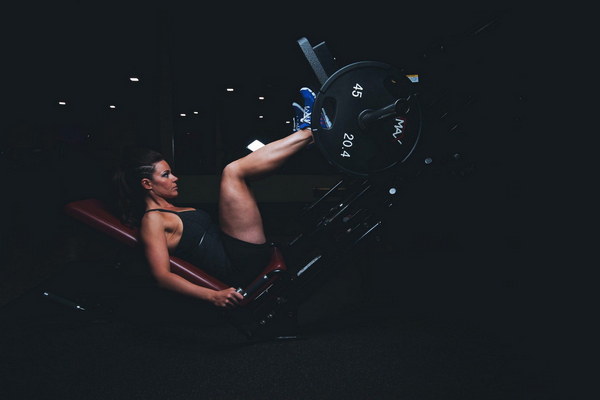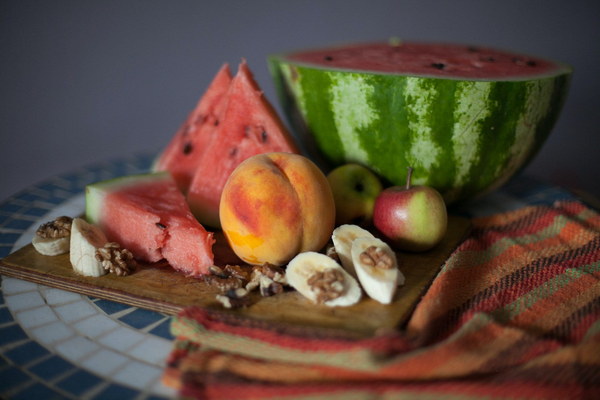Post-Rehabilitation How to Replenish Qi and Blood After Physiotherapy
After undergoing physiotherapy, it is essential to take proper care of your body to ensure a full recovery. One crucial aspect is replenishing your Qi and Blood, as these are vital for your overall health and well-being. In this article, we will discuss how to effectively replenish Qi and Blood post-physiotherapy.
1. Adequate Nutrition
Adequate nutrition plays a significant role in replenishing Qi and Blood. Incorporate the following foods into your diet:
a. Iron-rich foods: Iron is essential for producing red blood cells, which carry oxygen throughout the body. Foods high in iron include red meat, poultry, fish, beans, lentils, tofu, and leafy green vegetables.
b. Vitamin C: Vitamin C helps the body absorb iron more efficiently. Citrus fruits, strawberries, kiwis, bell peppers, and leafy green vegetables are rich in vitamin C.
c. Vitamin B12: Vitamin B12 is crucial for the production of red blood cells. Foods high in B12 include meat, fish, dairy products, eggs, and fortified cereals.
d. Folic Acid: Folic Acid helps the body produce red blood cells and prevent anemia. Leafy green vegetables, legumes, citrus fruits, and fortified cereals are good sources of folic acid.
e. Protein: Protein is essential for tissue repair and growth. Incorporate lean proteins such as chicken, turkey, fish, tofu, and legumes into your diet.
2. Hydration
Proper hydration is essential for maintaining blood volume and ensuring the smooth flow of Qi and Blood throughout the body. Drink plenty of water throughout the day, aiming for at least 8-10 glasses.

3. Rest and Sleep
Rest is crucial for the body to repair itself and replenish Qi and Blood. Ensure you get enough sleep each night, aiming for 7-9 hours. Additionally, take breaks during the day to rest and avoid overexertion.
4. Acupuncture and Traditional Chinese Medicine
Acupuncture and other Traditional Chinese Medicine (TCM) techniques can help balance Qi and Blood, promoting healing and recovery. Consult with a qualified TCM practitioner to determine the best treatment plan for your needs.
5. Gentle Exercise
Engage in gentle, low-impact exercises such as walking, swimming, or yoga to improve blood circulation and promote the flow of Qi. However, avoid high-impact activities that may strain your body during the recovery process.
6. Herbs and Supplements
Certain herbs and supplements can help replenish Qi and Blood. Consult with a healthcare professional before starting any new supplement to ensure they are safe and appropriate for your condition.
a. Astragalus: This herb is known for its immune-boosting properties and can help replenish Qi and Blood.
b. Goji Berries: These berries are rich in antioxidants and can help improve blood circulation.
c. Ginkgo Biloba: This supplement can enhance cognitive function and improve blood flow.
7. Stress Management
Chronic stress can deplete Qi and Blood, slowing down the healing process. Practice stress-reduction techniques such as meditation, deep breathing exercises, and progressive muscle relaxation to help manage stress levels.
In conclusion, replenishing Qi and Blood post-physiotherapy is essential for a full recovery. By incorporating adequate nutrition, staying hydrated, getting enough rest, seeking acupuncture and TCM treatments, engaging in gentle exercise, using herbs and supplements, and managing stress, you can help ensure a smooth and effective recovery process. Remember to consult with healthcare professionals before making any significant changes to your diet, exercise, or treatment plan.









